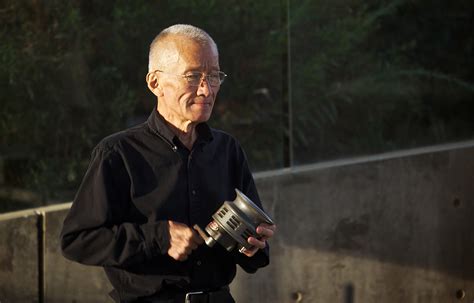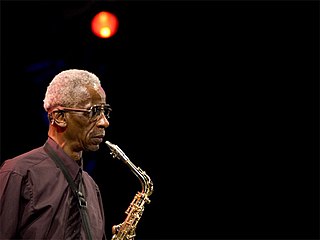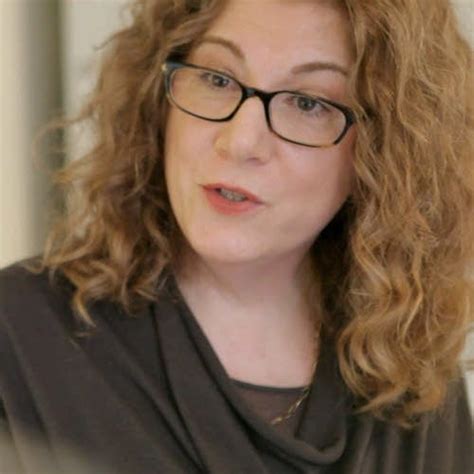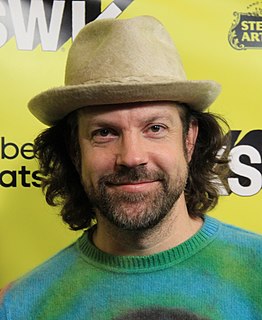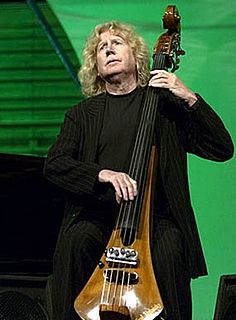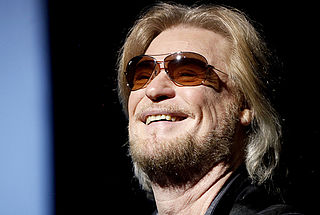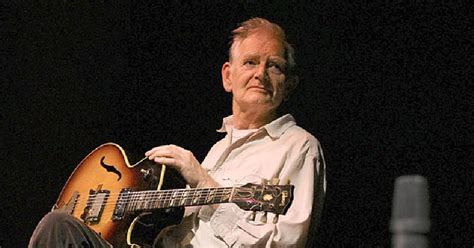A Quote by Tommy Chong
I've always been into improvisation.
Quote Topics
Related Quotes
I would make a huge distinction between theater improvisation and film improvisation. There isn't much improvisation in film - there's virtually none. The people that theoretically could be good at this in a theater situation don't necessarily do this in a film in a way that will work, because it's much broader on a stage. But in a movie, it has to be real, and the characters have to look entirely real because it's being done as a faux documentary, so there are even fewer actors that can do that on film.
Free improvisation, in addition to being a highly skilled musical craft, is open to use by almost anyone-beginners, children, and non-musicians. The skill and intellect required is whatever is available. Its accessibility to the performer is, in fact, something which appears to offend both its supporters and detractors....And as regards method, the improvisor employs the oldest in music-making...Mankind's first musical performance couldn't have been anything other than a free improvisation.

